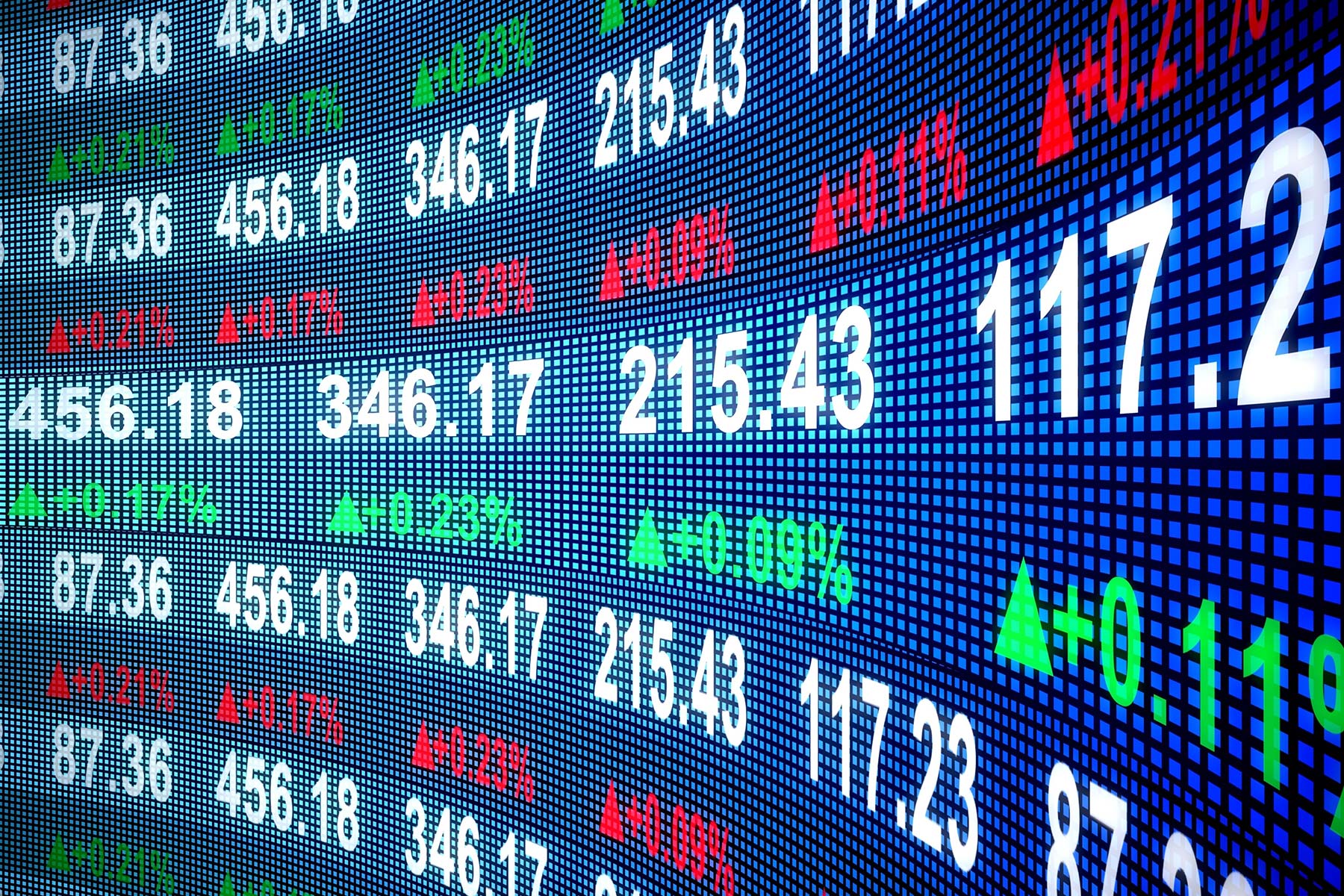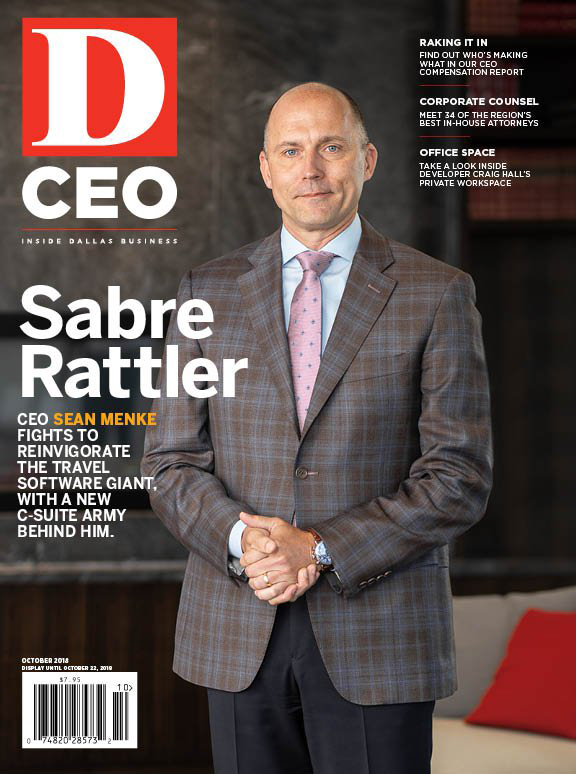It’s often newsworthy when CEOs sell their company’s stock. Earlier this year, for instance, major wire services took note of American Airlines CEO Doug Parker’s sale of $19 million worth of shares, while reporting he still was hanging on to $88 million in stock.
Typically, investors have parsed these sorts of insider trades for clues as to whether shares are properly valued. Insider buying is seen as an unambiguous signal that shares are cheap, while insider selling might occur for any number of reasons. Investors want to know whether there are multiple insider sellers or whether the sales are part of an established plan before drawing any conclusions about stock values.
Lately, however, heavy insider selling combined with record share-buyback activity has some analysts asking a different question: Are top corporate managers buoying stock prices with buybacks simply to make their own stock sales more lucrative?
David Santschi, chief executive officer at TrimTabs Investment Research, is among those who think so. “U.S. companies have become cash machines for insiders,” Santschi says. “You have insiders selling heavily at the same time they’re using shareholder money to repurchase shares.”
Through late August, 2018 has been shaping up to be a record year for stock buybacks at U.S. companies, with an average of $4.9 billion worth per day, according to TrimTabs. The previous record was $3.2 billion in 2007. Insider selling has been running at a high—although not record—rate, with insiders selling an average of $550 million worth of shares daily, Santschi says.
Looking at trends in executive compensation, buybacks and insider selling, Santschi has a pretty harsh conclusion about insiders’ motives. “Insiders care mostly about themselves,” he says. “They get very large stock-based compensation packages and they want to maximize the value of those packages. So when business is good, they’ll use balance sheet cash or borrowed money to buy back stock and pump up the value of their shares.”
When a company repurchases its stock, it increases demand for its shares while at the same time decreasing the number of shares outstanding. As a result of the latter, the company’s earnings per share ratio is automatically increased, which tends to make the stock more attractive to investors.
The conventional thinking about paying executives in stock or stock options is that they align corporate managers with shareholders, all of whom profit when stock prices go up. S&P even has an index that tracks companies doing the most buybacks. Fort Worth’s American and Dallas-based Southwest Airlines are among its 100 component companies.
In its latest quarterly report, American boasted of returning $396 million to shareholders, mostly through repurchase of 8.2 million shares.
Santschi’s less rosy view of these sorts of buybacks takes into account that shareholders and executives might have different time horizons for holding the stock. Many executives get much or all of their compensation in packages involving company shares, he points out. At American, for example, Parker has been paid exclusively in stock since 2015.
“The guys and gals who are making these decisions don’t intend to hold shares for years or decades,” Santschi says. “They want to get the stock price up so they can sell. That’s why you see companies heavily favoring buybacks over dividends.”
Less favorable tax treatment is often the reason used to explain why companies pay such low dividends. Today’s average 1.8 percent dividend yield among the largest companies is “pretty pathetic” and “pretty low historically,” Santschi points out. But dividend payments don’t pump up stock prices, which is why they’ve become such a low priority, he says.
And although executives have been happy to repurchase company stock with company resources, they haven’t seen fit to buy much with their own money.
Insiders in June sold about $8 of stock for every $1 they bought, according to TrimTabs. So, while there’s no shortage of news about insider selling at Dallas’ big companies and beyond, stories about insiders buying their own company stock have become increasingly difficult to find.
Thomas Korosec is an award-winning journalist who specializes in legal and business topics.






